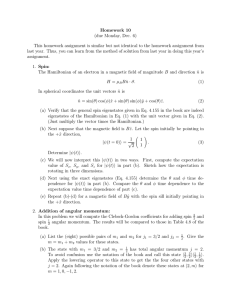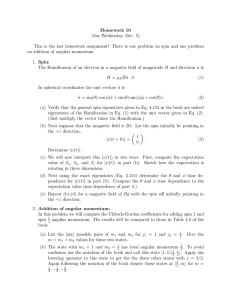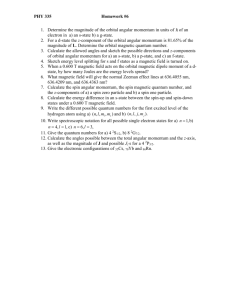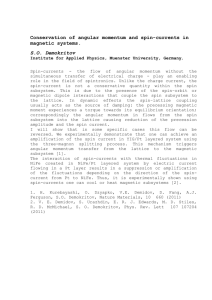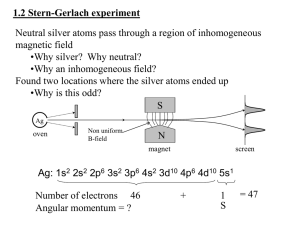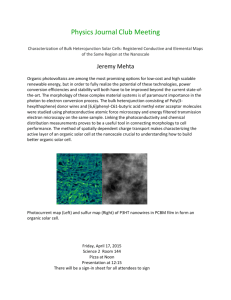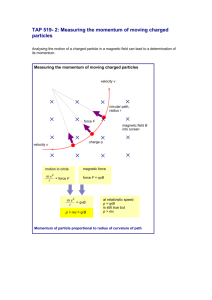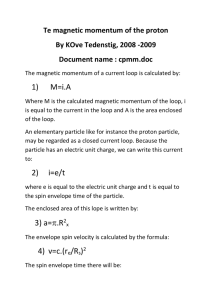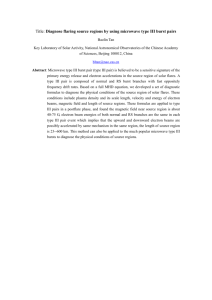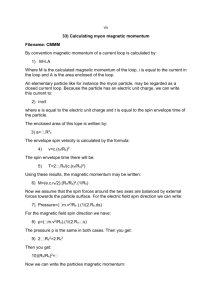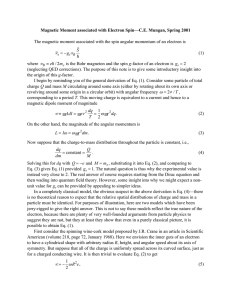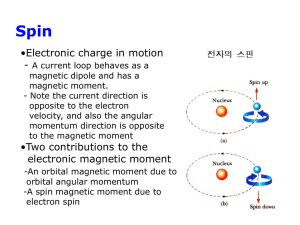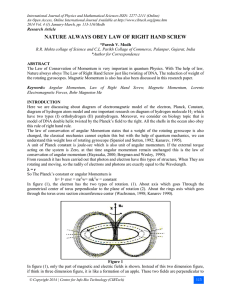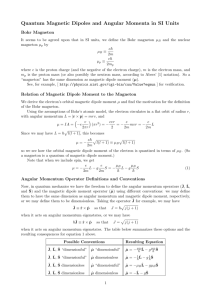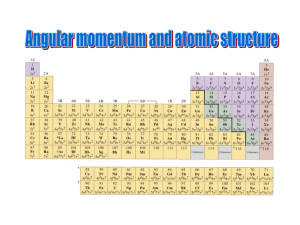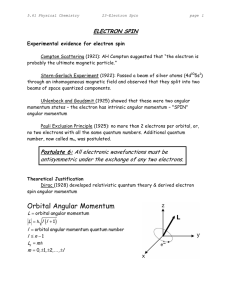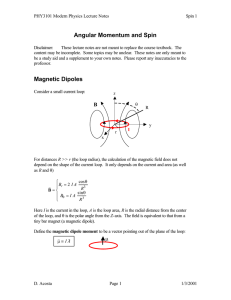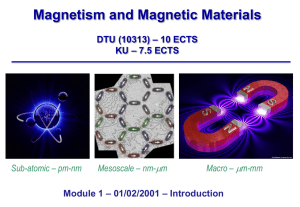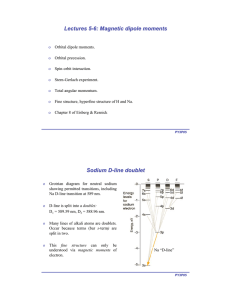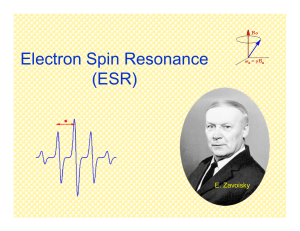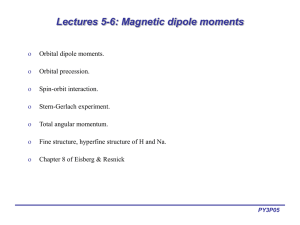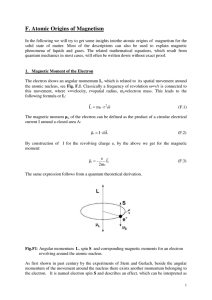10th JKT Symposium
advertisement
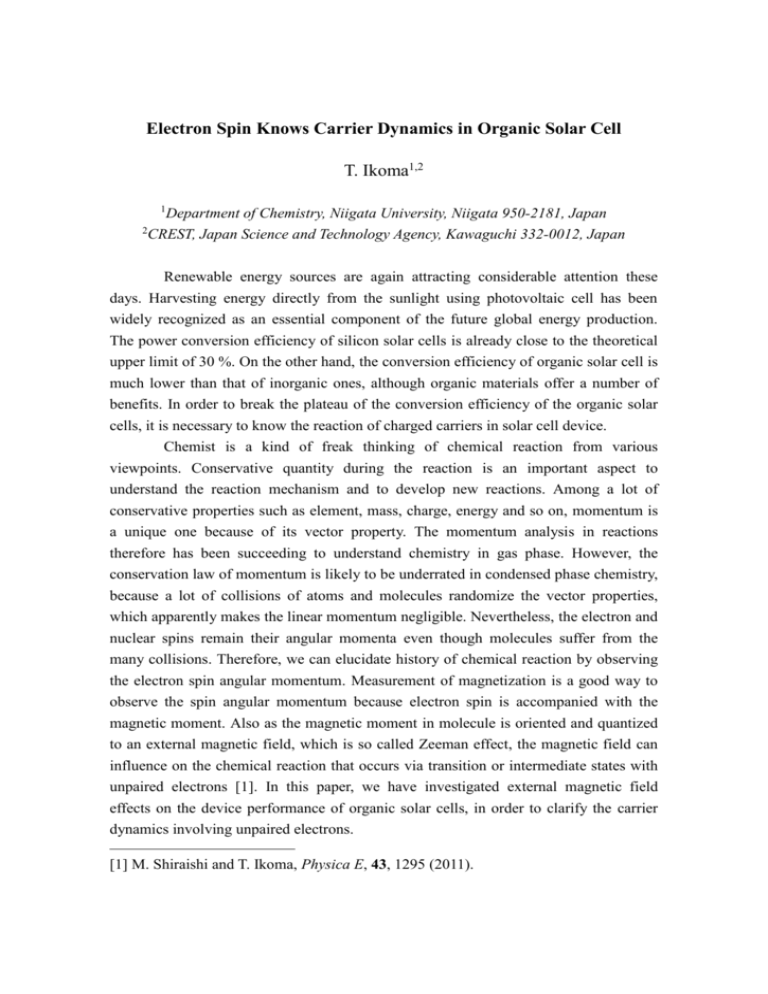
Electron Spin Knows Carrier Dynamics in Organic Solar Cell T. Ikoma1,2 1 2 Department of Chemistry, Niigata University, Niigata 950-2181, Japan CREST, Japan Science and Technology Agency, Kawaguchi 332-0012, Japan Renewable energy sources are again attracting considerable attention these days. Harvesting energy directly from the sunlight using photovoltaic cell has been widely recognized as an essential component of the future global energy production. The power conversion efficiency of silicon solar cells is already close to the theoretical upper limit of 30 %. On the other hand, the conversion efficiency of organic solar cell is much lower than that of inorganic ones, although organic materials offer a number of benefits. In order to break the plateau of the conversion efficiency of the organic solar cells, it is necessary to know the reaction of charged carriers in solar cell device. Chemist is a kind of freak thinking of chemical reaction from various viewpoints. Conservative quantity during the reaction is an important aspect to understand the reaction mechanism and to develop new reactions. Among a lot of conservative properties such as element, mass, charge, energy and so on, momentum is a unique one because of its vector property. The momentum analysis in reactions therefore has been succeeding to understand chemistry in gas phase. However, the conservation law of momentum is likely to be underrated in condensed phase chemistry, because a lot of collisions of atoms and molecules randomize the vector properties, which apparently makes the linear momentum negligible. Nevertheless, the electron and nuclear spins remain their angular momenta even though molecules suffer from the many collisions. Therefore, we can elucidate history of chemical reaction by observing the electron spin angular momentum. Measurement of magnetization is a good way to observe the spin angular momentum because electron spin is accompanied with the magnetic moment. Also as the magnetic moment in molecule is oriented and quantized to an external magnetic field, which is so called Zeeman effect, the magnetic field can influence on the chemical reaction that occurs via transition or intermediate states with unpaired electrons [1]. In this paper, we have investigated external magnetic field effects on the device performance of organic solar cells, in order to clarify the carrier dynamics involving unpaired electrons. [1] M. Shiraishi and T. Ikoma, Physica E, 43, 1295 (2011).
